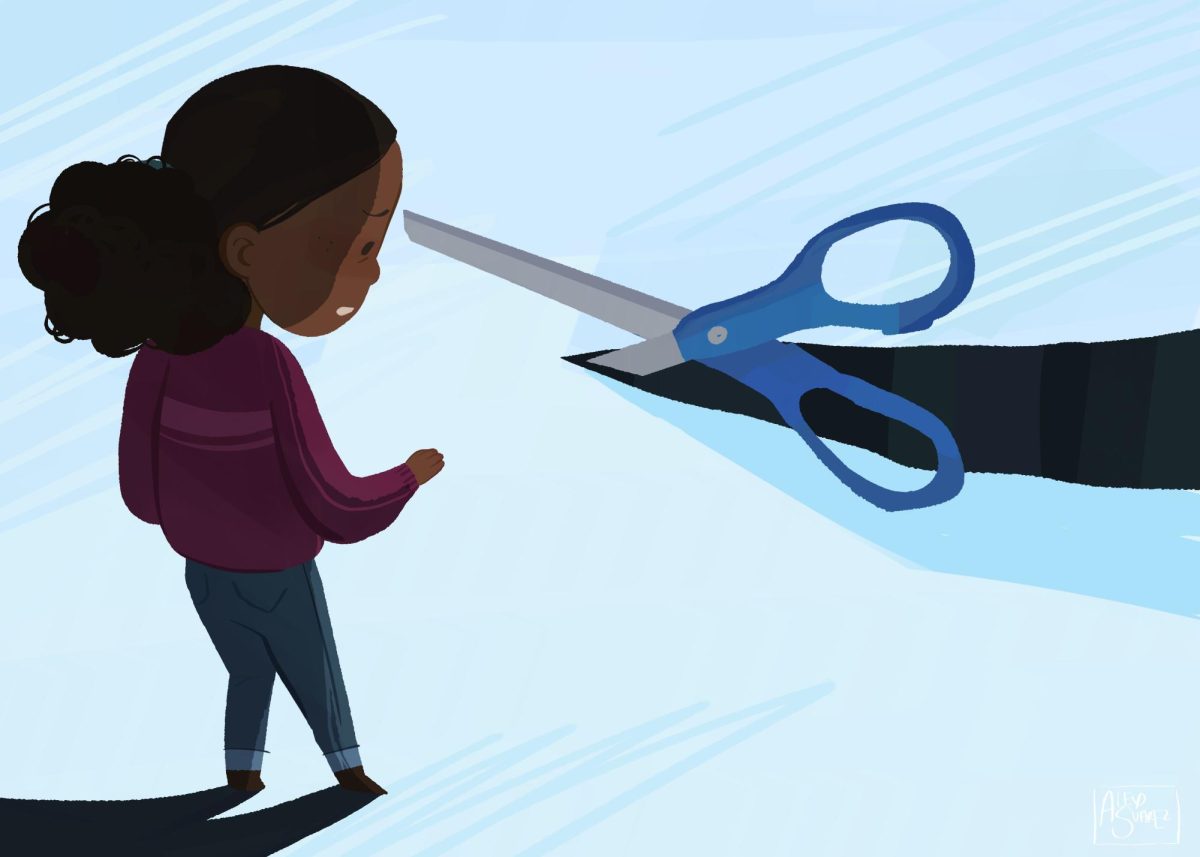Students with on-campus jobs are worried about the impact of budget cuts, although the college has not yet said how student employment may be affected.
The college is considering restructuring, including merging departments and possibly eliminating some programs.
This “may have implications” for student jobs, said Assistant Director of Student Employment Eric Wordlow. But he added that there is “not a direct correlation” between the anticipated cuts and student employment.
Students work a variety of jobs across campus, including as tutors, office assistants, editors and technicians. Students can work up to 20 hours on campus, although hours vary by position. (The Columbia Chronicle employs student workers.)
Student workers are paid $15.80 per hour, the minimum wage in Chicago. There are currently 600 student workers on campus, although 57 of their positions are funded through federal work study, a program that is part of a student’s financial aid.
After the college’s deficit nearly doubled following the part-time faculty strike in the fall, the college’s Board of Trustees directed President and CEO Kwang-Wu Kim to prepare a report addressing steps the college is taking to close the financial gap.
Kim is expected to deliver that report to the Faculty Senate by Feb. 28, which is next week.
The college has also implemented a “hiring freeze,”but that will not impact student workers, said Lambrini Lukidis, associate vice president of Strategic Communications and External Communications.
When Kim met with the Student Government Association on Feb. 13, Mar Wynn, the Student Employee Advocate senator, asked whether student workers would be able to receive discounts or extra amenities on campus when the increase in tuition takes place next semester.
Kim responded, saying that the issue had not yet come up in discussions, but that he would address it in the future.
Wynn said they felt “dismissed.”
Wynn, a junior film and television major, said the hiring freeze is concerning with the college’s current deficit, even if it doesn’t directly impact student jobs.
“I’m kind of concerned we’ll be continuing to see that during the deficit that’s going on,” they said. “I think this is a big concern for everyone.”
Malika Okot, a junior dance major, has been working as an intern at the B-series festival, a hip-hop and street dance festival, since the start of the spring semester. Okot said she is worried about “where the funds are coming from, to pay me” with the college’s current financial crisis, but also said they’re “grateful to be getting paid at all.”
Availability for student jobs can vary each semester depending on departmental demand, budget considerations and student enrollment, said Wordlow. On average, the college has at least 600 active student workers at all times.
With curriculum changes still being a work in progress, Wordlow said “various factors can influence the availability of student jobs, such as departmental budgets, organizational priorities, and evolving campus needs.”
“Changes in departmental structures may have implications for student employment, but it’s not necessarily a direct correlation,” he said.
Lockne Li, a sophomore film and television major, has worked 20 hours per week at the advanced lighting cage in the media production center since the start of the spring semester.
“I got this job because I needed a source of income and the location was convenient,” Li said. “It was also because I want to be able to provide more utilitarian knowledge working on film sets and it could open up new opportunities for me in the future if I want to apply to other equipment centers and camera cages after I graduate.”
She said she now worries about keeping her job due to the “budget cuts the school is experiencing.”
“I’m apprehensive of anything the college would promise and I’m also wary of the budget cuts and how it’d potentially be the deciding factor of whether I have a stable job or not,” Li said.










